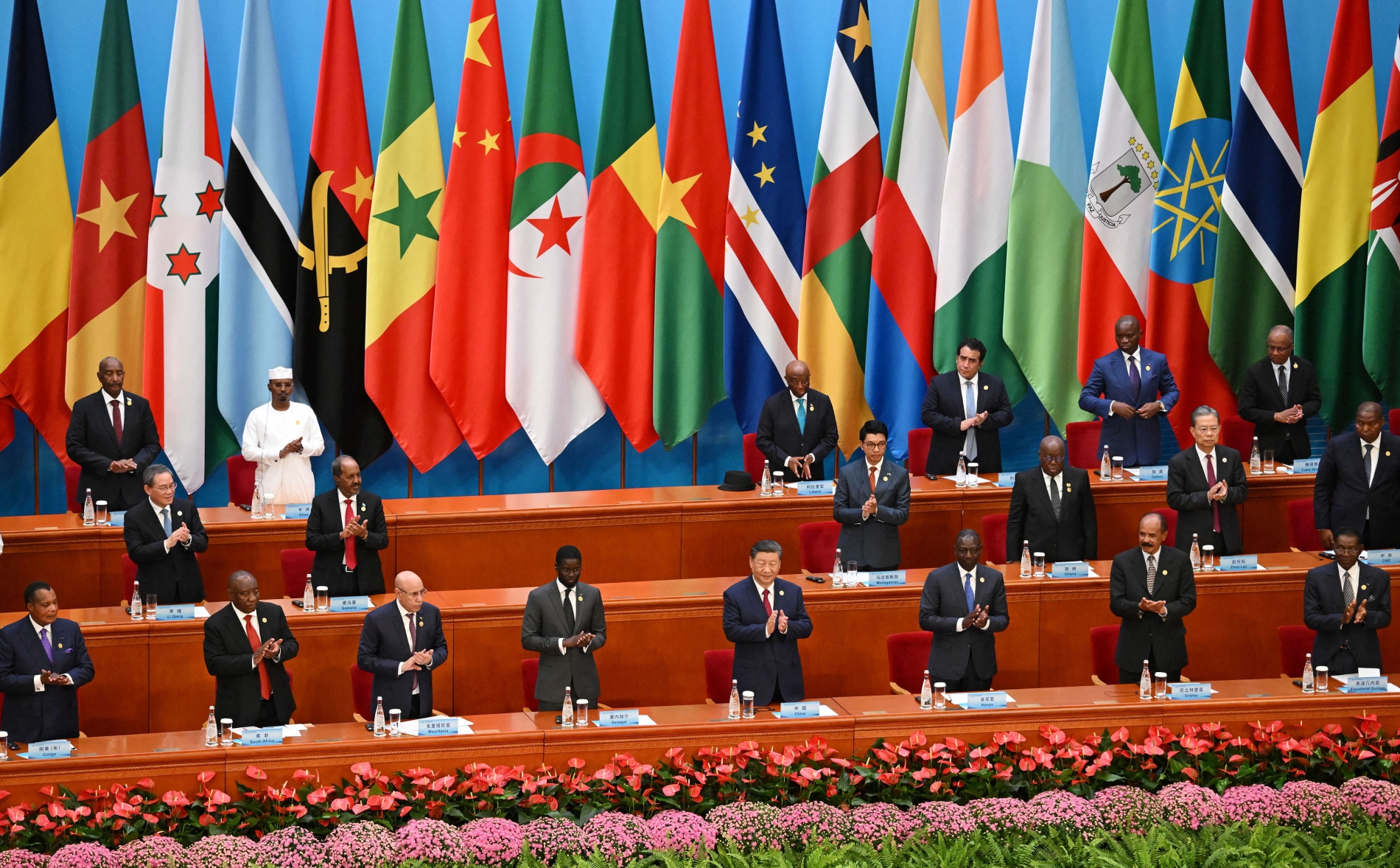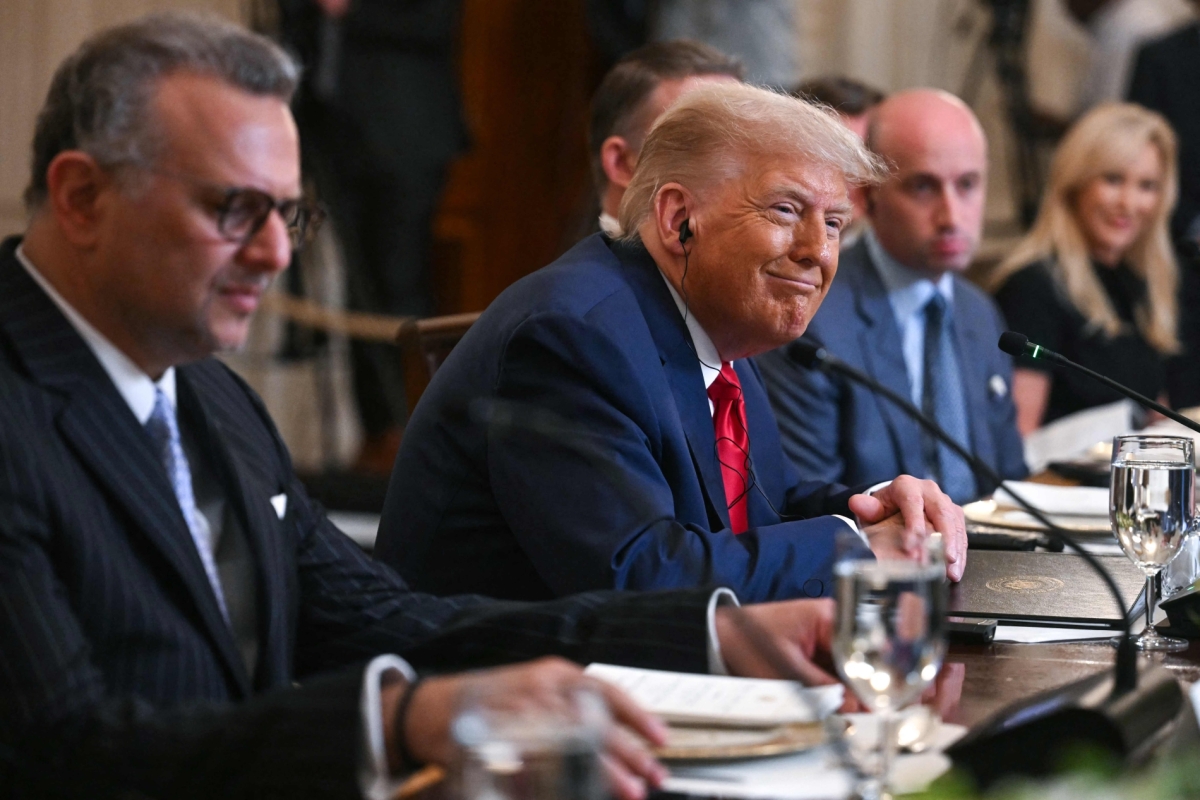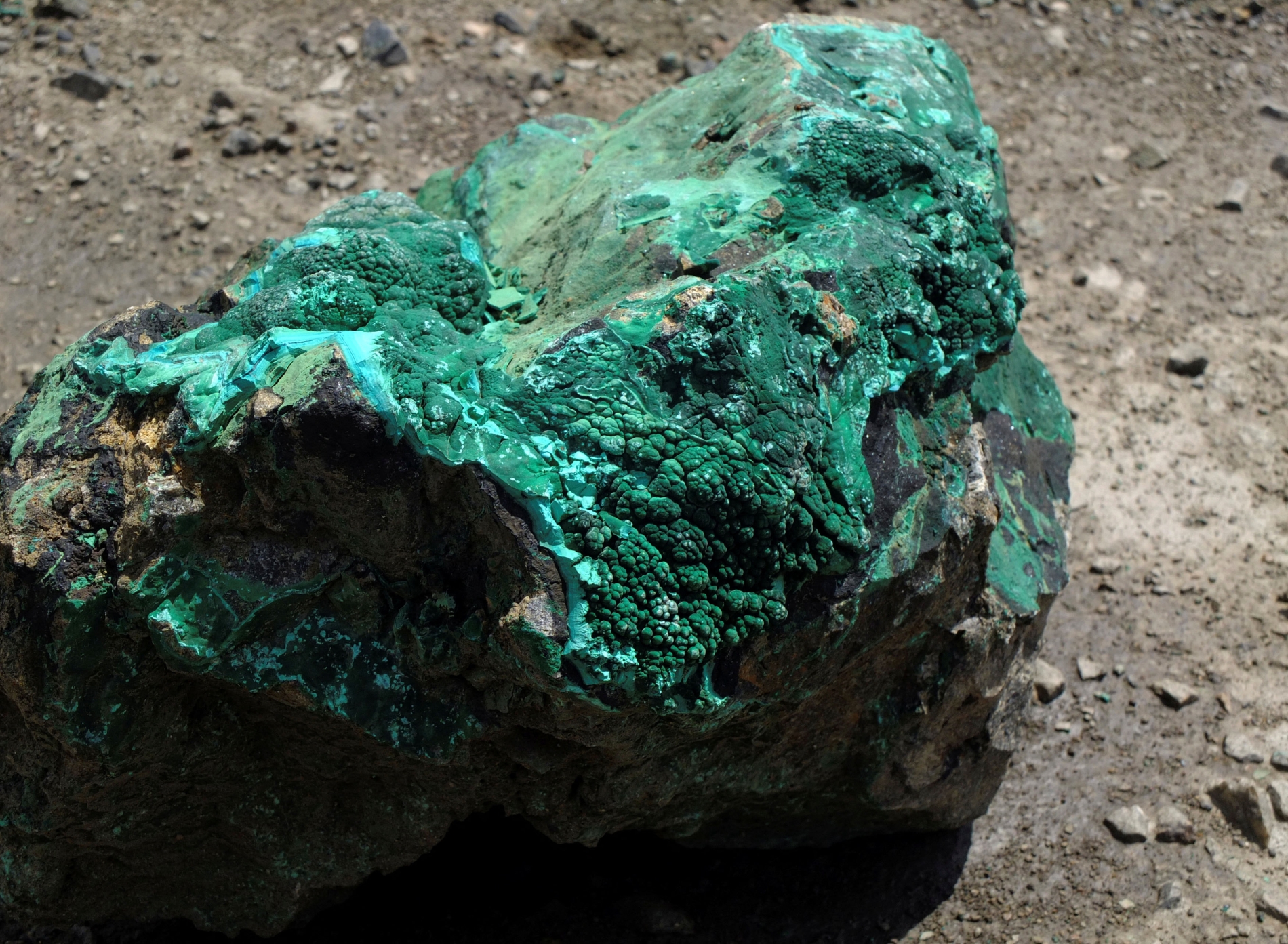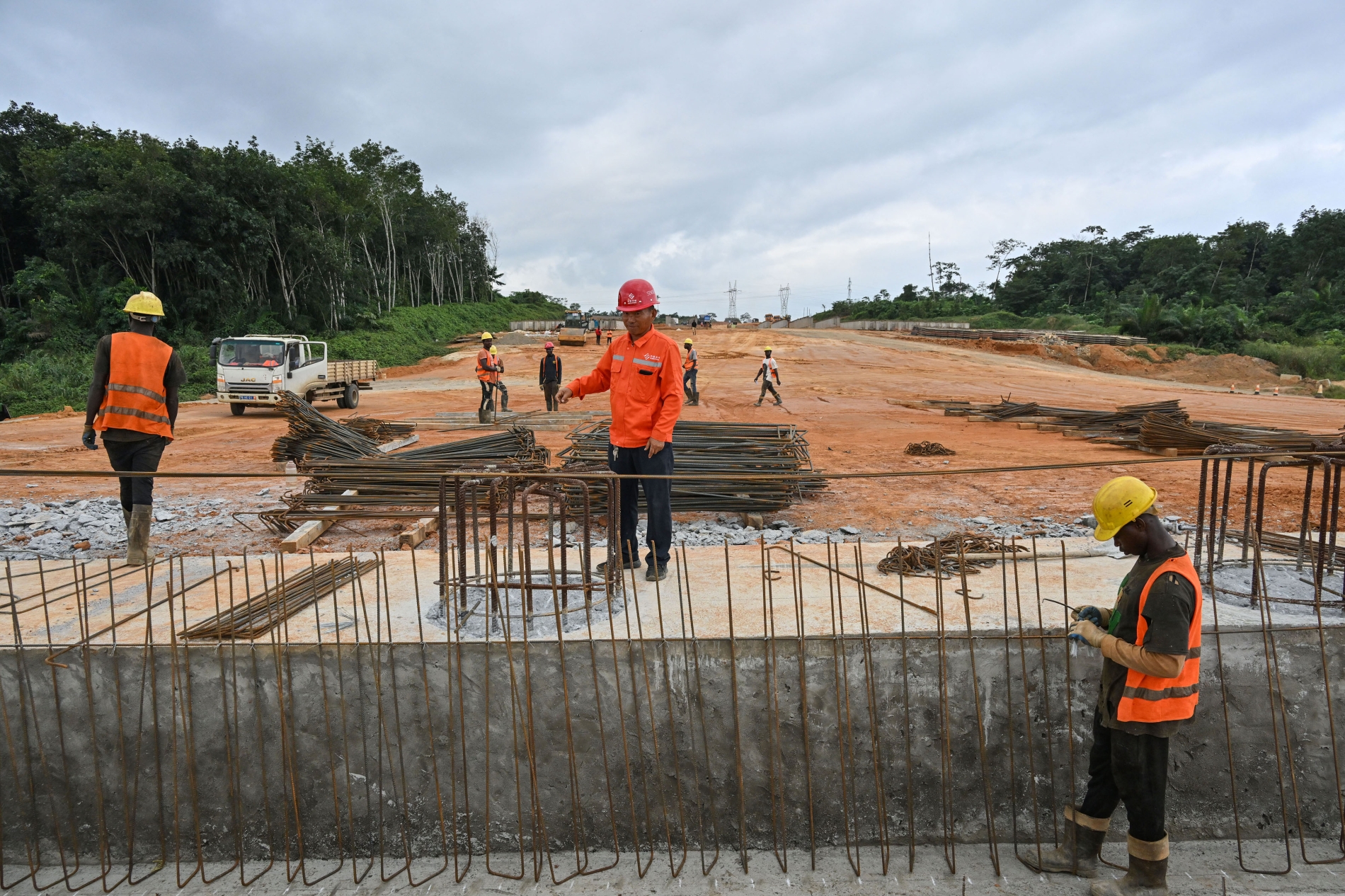Earlier this month, at a summit in Washington, D.C. attended by five heads of state, US President Donald Trump declared a move “from aid to trade” when it came to Africa. “There’s great economic potential in Africa, like few other places,” he said.
The heads of state represented Gabon, Guinea-Bissau, Liberia, Mauritania, and Senegal, and had been selected and invited by Trump for the third US-Africa Summit. The first took place in 2014 hosted by US President Barack Obama, and the second took place in 2022 hosted by US President Joe Biden.
Trump’s focus was on trade, as it has been during his second presidential term. “In many ways, in the long-run, this will be far more effective and sustainable and beneficial than anything else that we can be doing together,” he said, weeks after terminating all foreign aid programmes by the US Agency for International Development (USAID), which had its biggest impact in Africa.
Broader strategy
The context to the summit was highlighted by international media outlets, which focused on perceived US pressure on the African attendees to accept the deportation of illegal immigrants from America. Trump has also called on African states to purchase American-made weapons. Individual issues aside, the summit holds clear geopolitical significance and its implications are already beginning to take shape.
At present, the US lacks a coherent, long-term strategy for engaging with Africa, and continues to respond to developments on the continent with ad hoc, reactive measures. This absence of strategic clarity has opened the door to China. According to the Brookings Institution, as of 2023, China was a larger trading partner than the US for 52 of Africa’s 54 countries. In 2003, that figure stood at just 18 countries.

On 27 June 2025, a US-brokered deal was signed in Washington between the Democratic Republic of the Congo and Rwanda, granting preferential access to American companies for mineral resources vital to its high-tech firms. This deal—dubbed “resources for security”—signals Trump’s approach, shelving both foreign aid and the traditional promotion of democracy, civil liberties, and minority rights.
Investment for loyalty
For Trump, this is the politics of pragmatism: access to critical raw materials and logistical infrastructure, in return for American technology and security. It combines large-scale, high-tech investment in extraction and processing, with a broad US-led security framework involving deep military and technical cooperation. In effect, it can be thought of as a policy of ‘investment for loyalty.’














